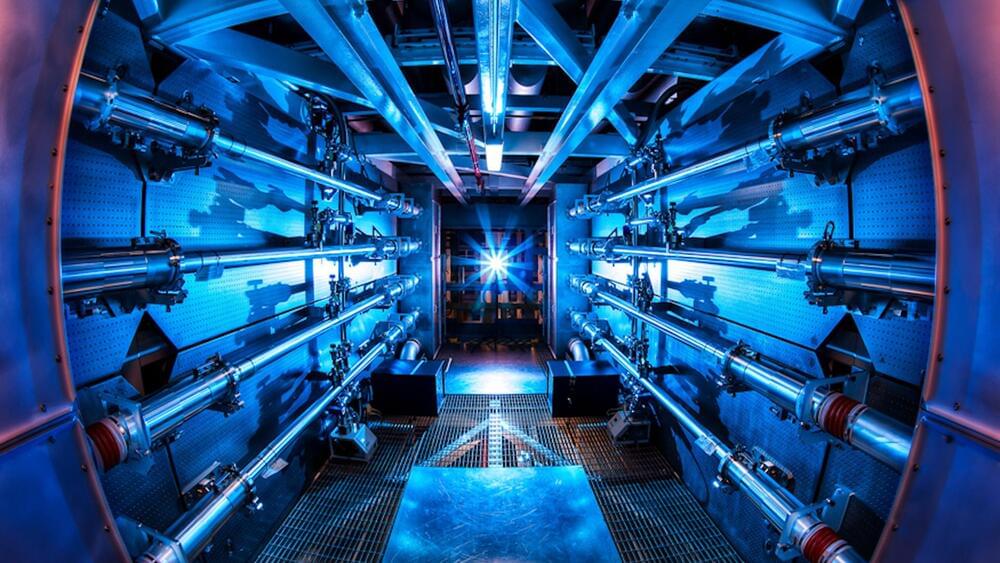Things can always get smaller.
That might also be true for one of our much-debated energy sources. Even though experts claim that nuclear energy is a reliable and sustainable energy source, the nuclear energy debate continues, with small-scale nuclear reactors being developed around the world. They are said to be a safer and less expensive form of nuclear power. On the other hand, full-scale nuclear reactors are large, expensive, and take a long time to build, and making them smaller, portable, cheaper, and safer could ensure that solar, wind, and hydro are not getting all the attention.
In this video from the YouTube channel Undecided with Matt Ferrell, you can delve into the world of tiny modular reactors, which are gaining popularity as the first versions come up in China and new facilities open in Canada. The YouTuber even refers to former SpaceX engineers who have scaled things down to the level of a microreactor, and ask whether this could be the future of nuclear energy. If you want to learn more, make sure you watch the video above, and as always, enjoy!







